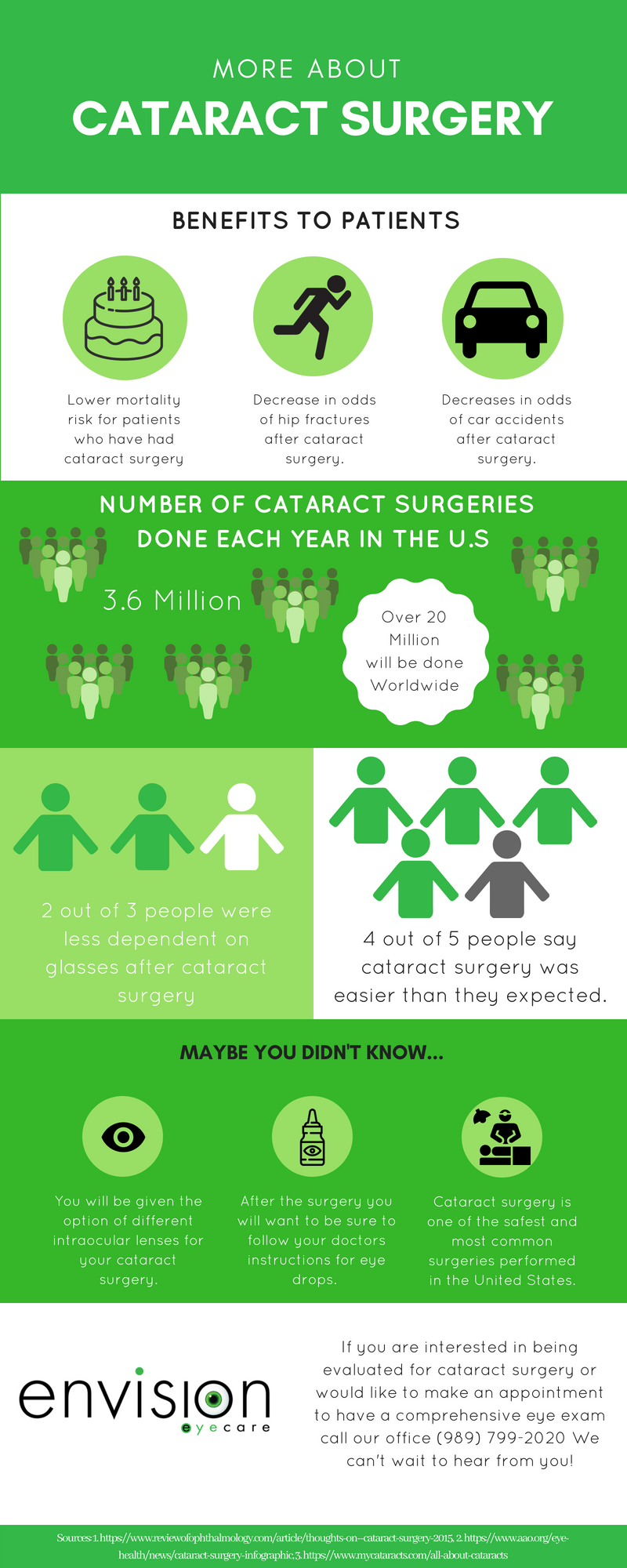Web Content Author-Quinlan Byrd
If you're considering vision adjustment alternatives, SMILE eye surgery could be on your radar. https://mgyb.co/s/aHrPh entails producing a little lenticule in the cornea to resolve nearsightedness and astigmatism. Unlike traditional LASIK, it's less intrusive and promises quicker recuperation. However, while there are significant benefits, there are also risks involved. Understanding both elements can help you make an enlightened decision regarding your eye health and wellness. What's the healing process like, and what should you anticipate?
Recognizing the SMILE Procedure
The SMILE treatment, or Little Laceration Lenticule Extraction, is a minimally intrusive eye surgery created to correct vision issues like nearsightedness and astigmatism.
Throughout this procedure, a laser produces a little lenticule, or lens-shaped cells, within the cornea. You won't need any stitches, as the small laceration permits a fast healing.
The cosmetic surgeon after that removes the lenticule with this little cut, improving your cornea to enhance your vision. Unlike standard LASIK, SMILE doesn't need the development of a huge flap, which can result in fewer issues.
You'll find that this technique is much less turbulent to the corneal structure, possibly improving stability. Understanding the procedure helps you feel more certain as you consider your choices for vision modification.
Perks of SMILE Eye Surgical Treatment
While thinking about vision modification alternatives, you might discover that SMILE eye surgical treatment supplies several compelling advantages.
Initially, it's minimally intrusive, requiring just a little cut, which implies much less interruption to your eye structure. This results in quicker recuperation times and less pain contrasted to standard LASIK.
You'll additionally value its precision; SMILE makes use of innovative laser technology to improve the cornea, offering exceptional results for nearsightedness and astigmatism.
Furthermore, many individuals report enhanced visual quality, with less circumstances of glow or halos. Because there's no requirement for a corneal flap, your eyes remain more steady post-surgery.
Finally, the procedure commonly takes simply a few minutes, permitting you to go back to your day-to-day tasks quicker than with various other techniques.
Possible Threats and Healing Refine
Although SMILE eye surgery is typically secure, it is very important to be aware of prospective threats that can develop throughout or after the procedure. Some individuals may experience short-term adverse effects like dry eyes, glow, or halos around lights.
In unusual situations, complications such as infection, vision loss, or the need for extra surgical treatment can take place.
Recuperation typically includes a couple of days off and avoiding difficult activities. You ought to follow your cosmetic surgeon's post-operative instructions meticulously, consisting of utilizing suggested eye declines and participating in follow-up consultations.
Numerous individuals observe enhanced vision within a couple of days, yet complete recuperation can take weeks. Staying individual and offering your eyes time to heal is necessary for the best outcome.
Verdict
Finally, SMILE eye surgical treatment provides a modern, minimally invasive option for correcting nearsightedness and astigmatism. With its quicker healing time and decreased discomfort, it's an attractive choice for several. Nonetheless, it's vital to consider the prospective risks against the advantages. By remaining educated and complying with post-operative treatment, you can maximize your possibilities of an effective result. If https://www.ophthalmologytimes.com/view/living-forward-we-still-have-to-understand-backward considering this treatment, seek advice from your eye treatment specialist to figure out if it's right for you.

